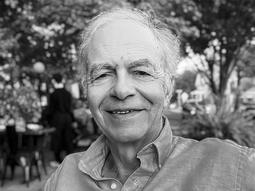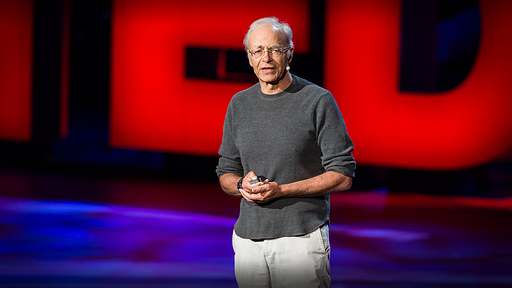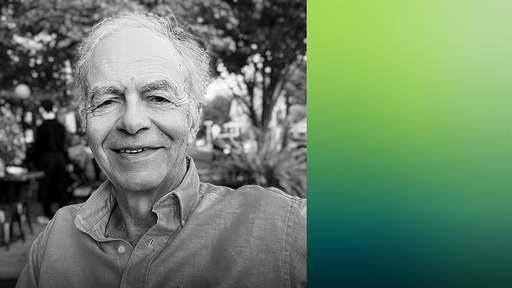Sometimes controversial, always practical ethicist Peter Singer stirs public debate about morality, from animal welfare to global poverty.
Why you should listen
Peter Singer may be, as
The New Yorker calls him, the planet’s “most influential living philosopher." His groundbreaking 1975 book,
Animal Liberation, questioned society’s tendency to put human needs above those of members of other species and helped trigger the modern animal rights movement. In 2023, he published
Animal Liberation Now, which asks what progress has been made since his earlier book and outlines what still needs to be achieved. His 1972 article "Famine, Affluence and Morality" is one of the most widely reprinted philosophical essays and inspired effective altruism, now a worldwide movement that focuses on using our resources as effectively as possible to reduce suffering and bring about a better world.
Singer draws fire from critics who object to his claim that affluent people who fail to help those living in extreme poverty are not living an ethical life. This, critics believe, sets the bar so high that it means we are almost all living unethically. His defense of euthanasia and infanticide in some circumstances has led to protests against his lectures and to his appointment as professor of bioethics at Princeton University. Still, Singer’s collective body of work is more acclaimed than controversial. He has written the classic text
Practical Ethics, The Expanding Circle,
The Life You Can Save (which gave rise to the organization of the same name) and
Pushing Time Away (an account of the life and fate of his grandfather, a victim of the Holocaust). He's also written three volumes in Oxford University Press's Very Short Introductions series:
Marx,
Hegel and -- with Katarzyna de Lazari-Radek --
Utilitarianism. Ninety of the best of his brief, brilliant popular essays have been collected in the volume
Ethics in the Real World.


